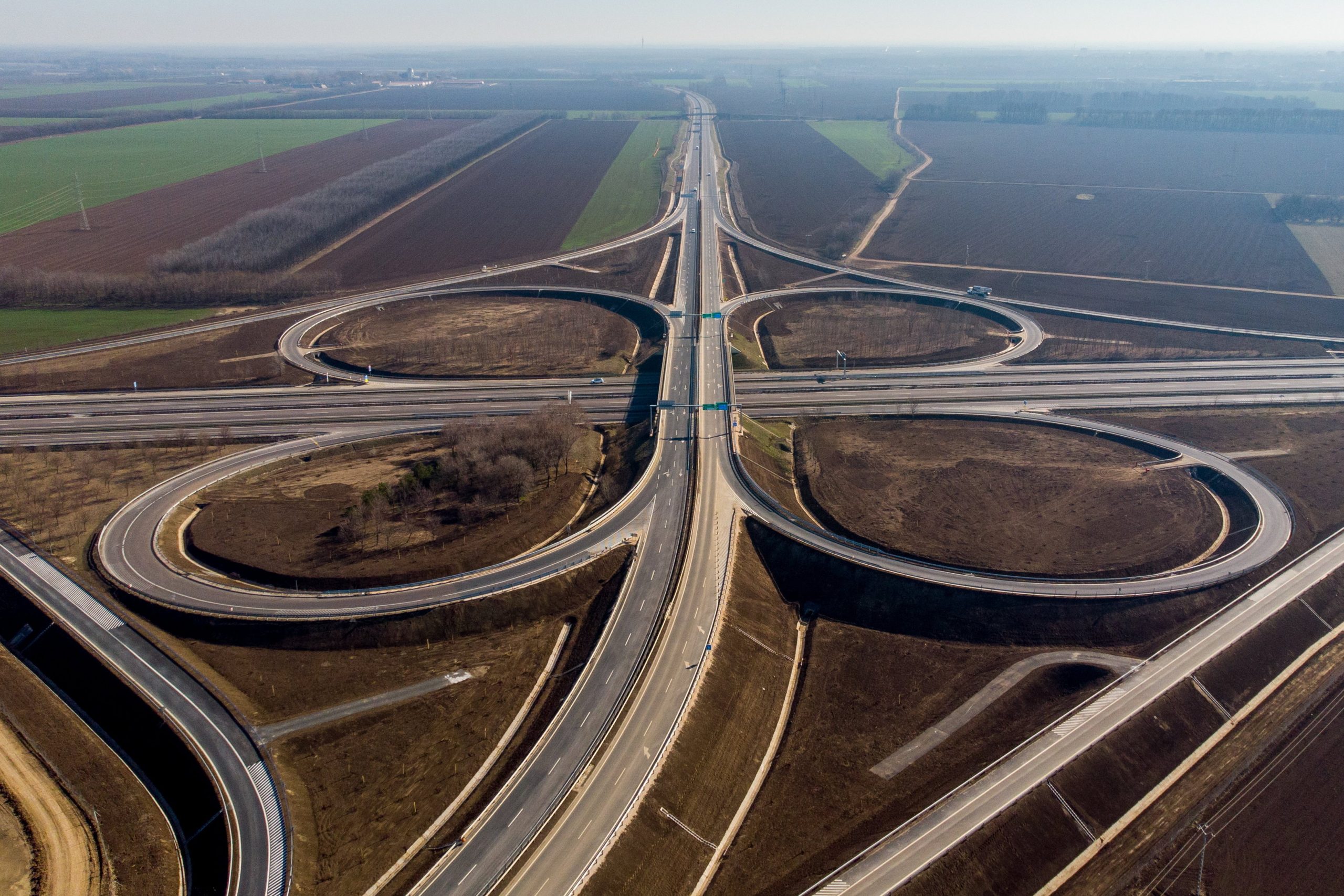
The Orbán government classified the background of the move, driving one of the opposition PM candidates to turn to the European Commission for an infringement procedure to be launched against them.Continue reading

The consortium led by private equity fund Themis, linked to Prime Minister Viktor Orbán’s childhood friend Lőrinc Mészáros, has been awarded a concession to build and maintain motorways in Hungary for the next 35 years, Cabinet Minister Antal Rogán revealed on Friday. As we reported earlier, the project is controversial for a number of reasons.
The Orbán government announced at the end of June 2021, that it would place Hungary’s nearly 2,000 kilometer-long motorway network in a 35-year concession.
The deal
According to Antal Rogán’s announcement made last Friday:
Rogán claimed that the concession procedure was fully in line with European Union rules. He also said that he was pleased that the tender was won by Hungarians (a consortium led by Austrian Strabag, including French giant Colas, was also in), and “it is good that the winning consortium took the contract on these terms, as it is taking on a huge burden and a lot of risk, especially in the current financial environment.”
Originally, three consortia were in for the giant deal. Eventually, Themis came out on top, a consortium that includes companies of Lőrinc Mészáros who since Fidesz emergence to power in 2010, has become Hungary’s richest man.
Another government-friendly construction mogul, László Szíjj, will also be involved: Themis is being managed by one of his companies, while some of his other companies are also among Themis’ subcontractors.
The government pointed to state debt and a lack of funds (claiming that Hungary cannot expect EU loans in the next cycle for road revamp or only on very strict conditions). They also argued that the deal would be a beneficial one for the state, but surely it wouldn’t generate any losses for taxpayers either.
The project, however, is highly controversial. Experts doubted that it would be a good deal for the state, while a former head of the National Infrastructure Development Private Company (in charge of overseeing motorways and related projects), argued that the state has a well-established organization for highway operation (meaning Hungarian Public Roads Ltd, which will continue doing maintenance duties on inferior roads), concluding that “this is not a development, just a perpetual annuity for someone.”
Motorway concessions also came on the heels of several other debated outsourcing moves: the outsourcing of an overwhelming part of higher education and various state assets, while we can virtually only find people loyal to the government, government-linked bodies, and even politicians among the (future) holders of these assets, and institutions etc.
In addition to the aforementioned doubts and questions, the National Bureau of Concessions (NKI- belonging under Rogán’s ministry) moved to classify the material containing the details, calculations, and arguments behind the move for 10 years. This was attacked by Transparency International Hungary, and the court eventually ruled in favor of the corruption watchdog, ordering the government to disclose background calculations of the deal. Still, the government has yet to reveal these details.
featured image via Zsolt Czeglédi/MTI